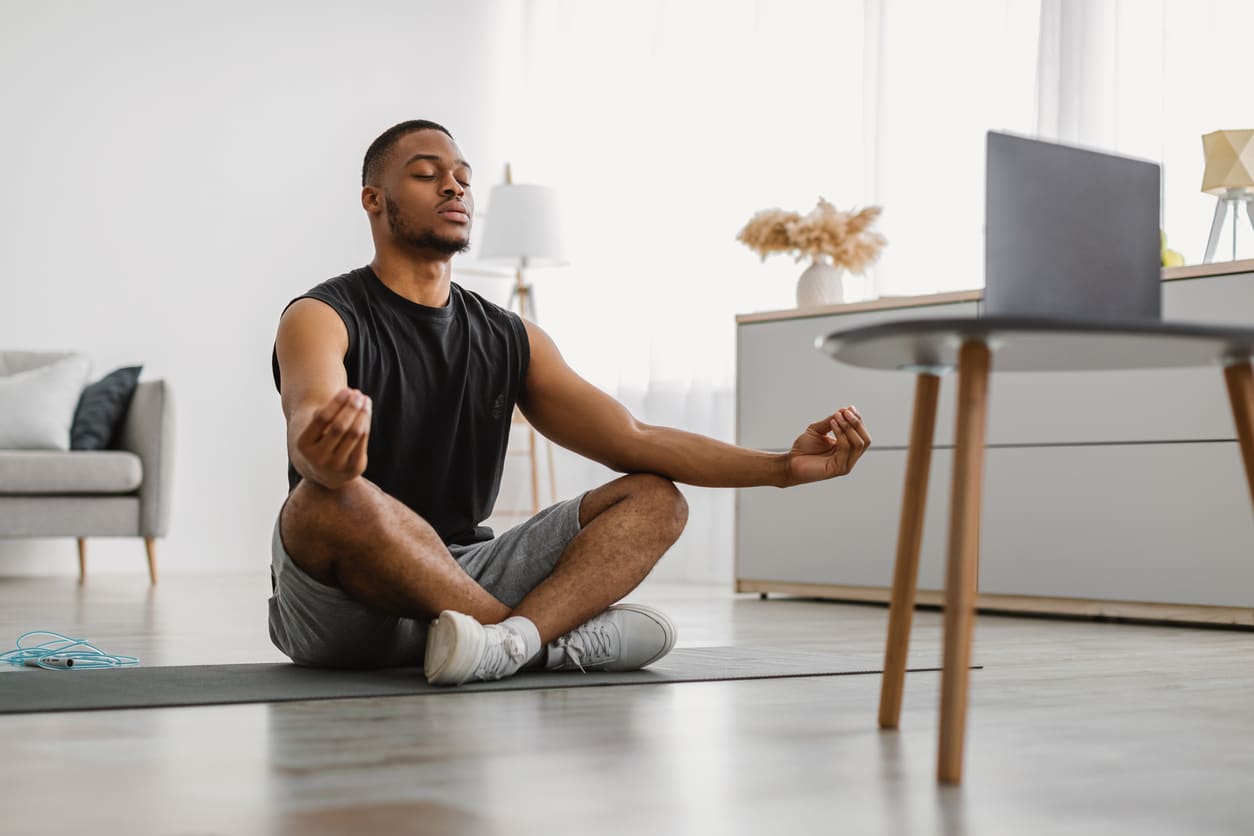Why Practice Meditation?
“Our minds are constantly moving and worrying about deadlines, evaluating our own performance or that of others, or dwelling on interactions from the past,” explains Nina Smiley, PhD, director of mindfulness programming at Mohonk Mountain House in New York. Practicing meditation trains your mind to focus your awareness on the present, which slows your mind down and helps you relax. This state of calmness doesn’t just feel good, it’s very beneficial for your health as well.
The strongest link that has been proven between meditation and overall health is its ability to reduce stress, which can trigger or exacerbate several serious conditions, including heart disease, obesity, and even anxiety disorders. Meditation also significantly improves your mood, improves your ability to focus on specific tasks and it is a key tool in promoting resilience.
Tips for Getting Started
To help you have a more successful meditation practice, follow these tips from Headspace, Prevention and NIH:
- Do Your Research: There are so many different types of meditation such as emotion-centered meditation, mindfulness meditation, visual-based meditation, and much more. Spend some time researching each one and decide which one will be most beneficial for you.
- Add Meditation to Your Schedule: Planning a time to meditate each day and putting it on your schedule helps ensure you make time for your practice every day. Keep in mind that you should schedule it for a time that works best for you. Are you an early morning riser or do you prefer staying up late in the night? Making it convenient for your schedule will help you stay consistent.
- Don’t Get Upset When Your Mind Wanders: This is the most important tip! Many people quit meditation completely because they feel like not being able to keep their mind from wandering means they have failed. That is not the case though! It is natural for your mind to wander. In fact, recognizing that your thoughts have drifted and then refocusing on your practice is a major part of meditation in the beginning.
- Make Yourself as Comfortable as Possible: You don’t want to be so comfortable that you fall asleep, but you don’t want to be uncomfortable either. For example, sitting cross legged on the floor for several minutes can cause your back or hips to ache. This will most likely make your mind focus on the pain instead of your practice. Small adjustments, such as adding a cushion or switching up your position will set you up for success.
- Let Go of Your Expectations: Do not go into your practice with expectations of how you will feel afterwards or how meditation will improve any one aspect of your life. Go into your practice each day recognizing the opportunity you are giving yourself to get to know your mind better and let the benefits occur naturally.
- Create a Meditation Space: Choose or create a space that is specifically for meditation to help train your body and mind to feel more comfortable and allow you to transition into meditation more easily. You can also get creative with your space and add decor or other elements that help you feel relaxed and at peace. Think of it in the same way you’d only go to your home office to focus on work.
This is a topic we covered in our October edition of HD Heartbeat. If you are interested in signing up for our monthly newsletter, contact us today!








